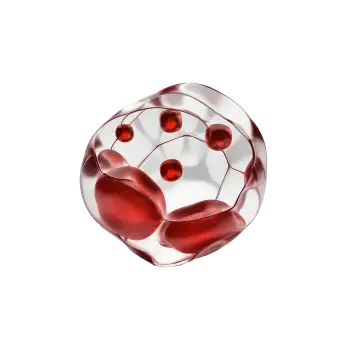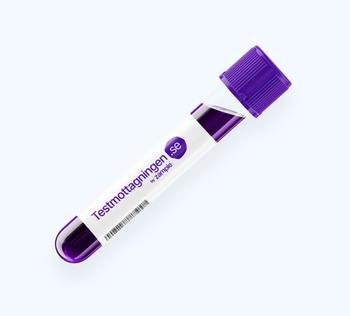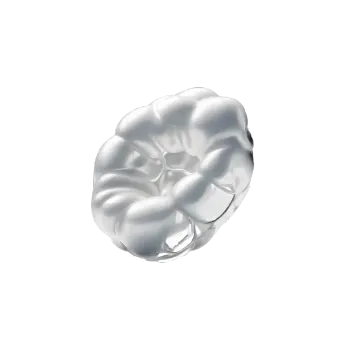What are eosinophilic granulocytes?
Eosinophilic granulocytes are a type of white blood cells that are involved in the body's defense against allergies and parasites. Eosinophilic granulocytes are formed in the bone marrow.
Why analyze eosinophilic granulocytes?
Eosinophilic granulocytes are analyzed to, for example, identify autoimmune diseases, allergic reactions or parasitic infections.
Eosinophilic granulocytes are included in the differential count of B cells together with other white blood cells.
What can a low value of eosinophilic granulocytes mean?
A low value of eosinophilic granulocytes can indicate infections such as, for example, influenza, HIV, TB or sepsis.
It can also indicate autoimmune diseases, enlarged spleen. These are just examples, there are several diseases and conditions that can cause a low value of eosinophilic granulocytes. It is important to remember that a low value of eosinophilic granulocytes is one of many factors that a doctor takes into account when diagnosing and treating a disease.
What can a high value of eosinophilic granulocytes mean?
A high value of eosinophilic granulocytes can indicate allergic reactions such as pollen allergy. It can also indicate parasitic infections such as roundworms and other worms.
An increased number of eosinophilic granulocytes can also mean vasculitis, such as eosinophilic granulomatosis with polyangiitis (EGPA) where inflammation of the blood vessel walls occurs.
Differential count of B cellsDifferential count is a medical examination that aims to determine the proportion of different types of white blood cells (leukocytes) in a blood sample. The differential count is an important part of a complete blood count (blood count) and can provide important information about the general state of the immune system and any problems or diseases that may be related to white blood cells.
Differential counting can be done both by mechanical classification (most common) and by examining the blood under the microscope where different types of white blood cells are counted; neutrophils, lymphocytes, monocytes, basophils and eosinophils. Each type of white blood cell has its own function and a change in the level of these cells can provide information about what is happening in the body.




























